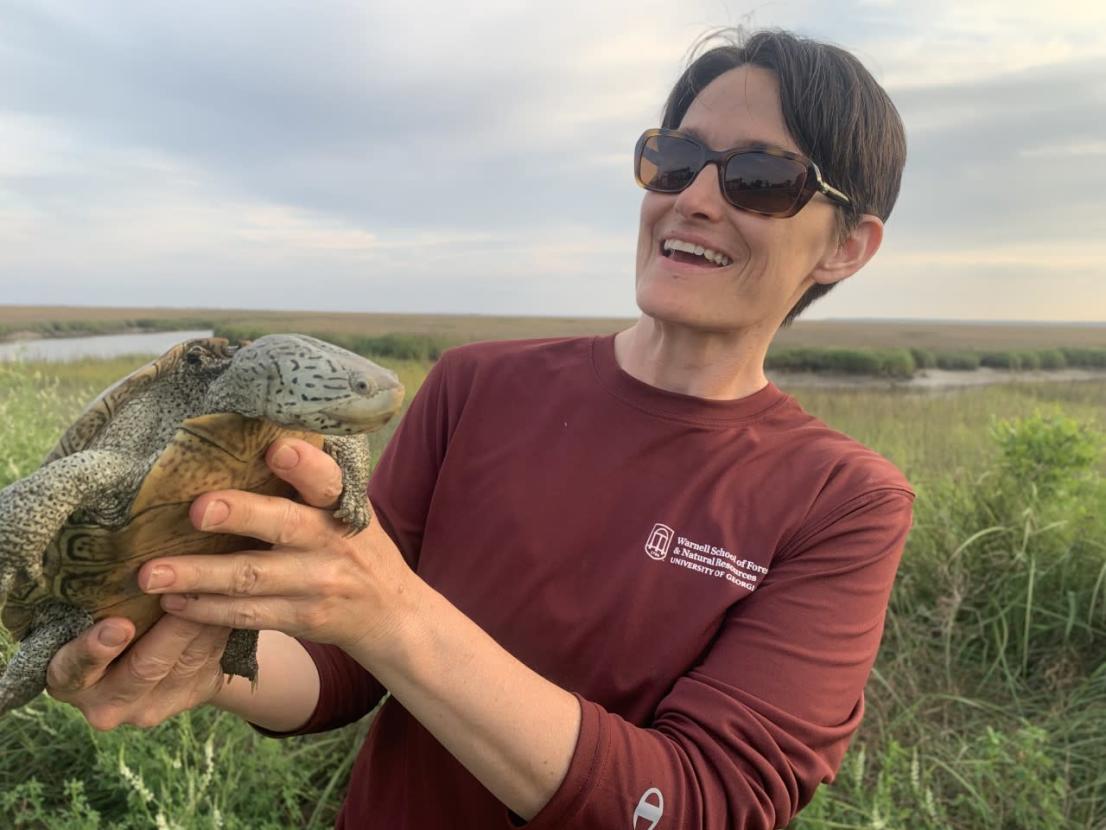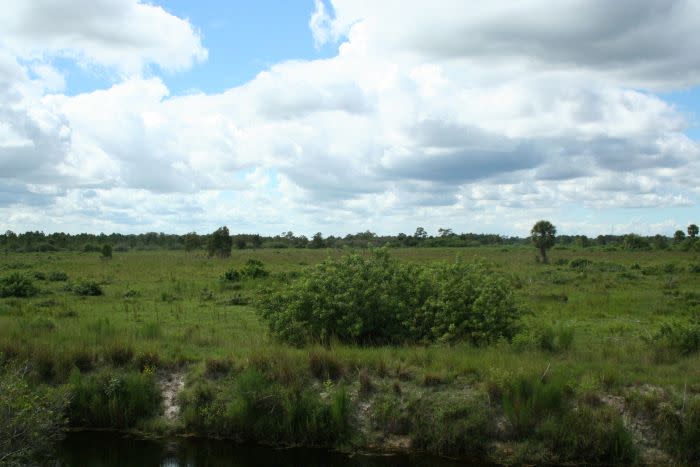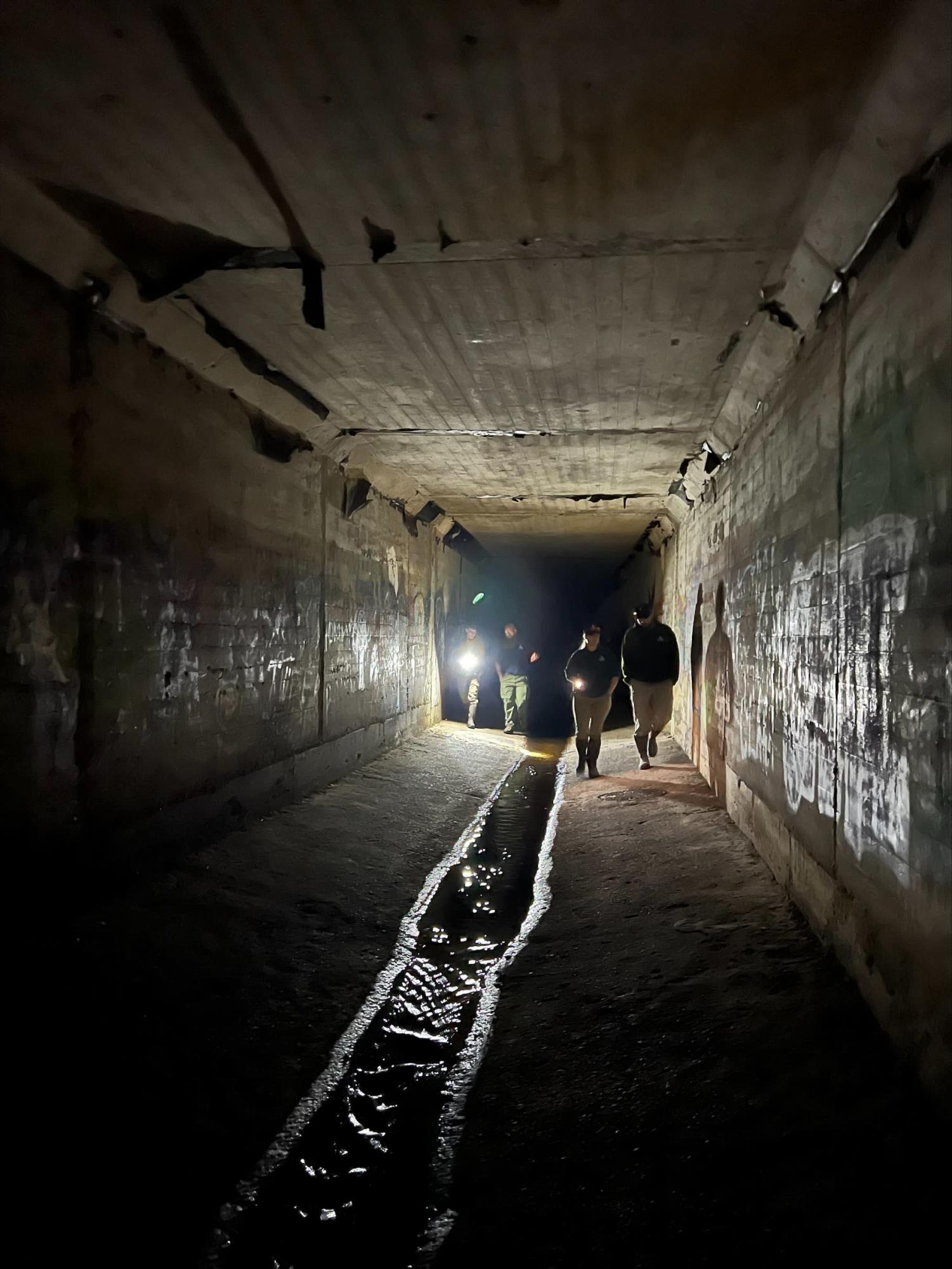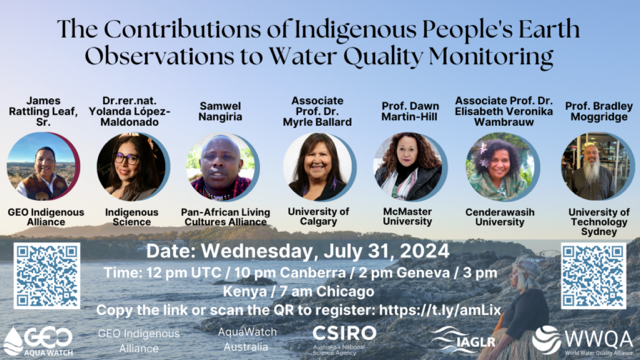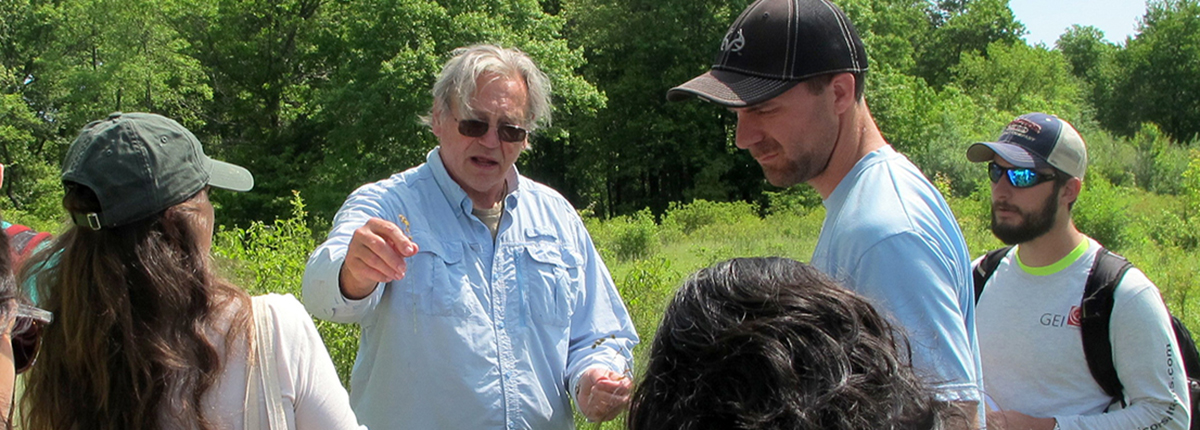Webinar: Keeping Your Assets Above Water
Climate change and its impact on water supplies is obviously a hot topic in today’s news, especially as agencies look again towards mandatory water conservation measures and cutbacks in water deliveries for a broad range of uses. One of the most hotly debated topics is the subject of water storage. We hear a lot about […]


